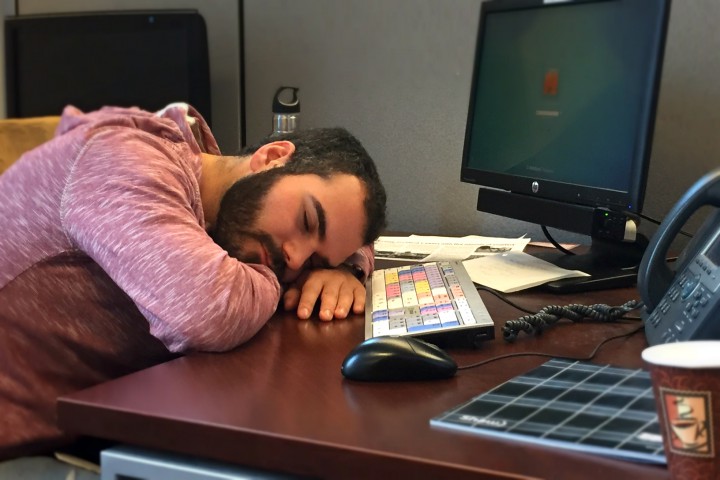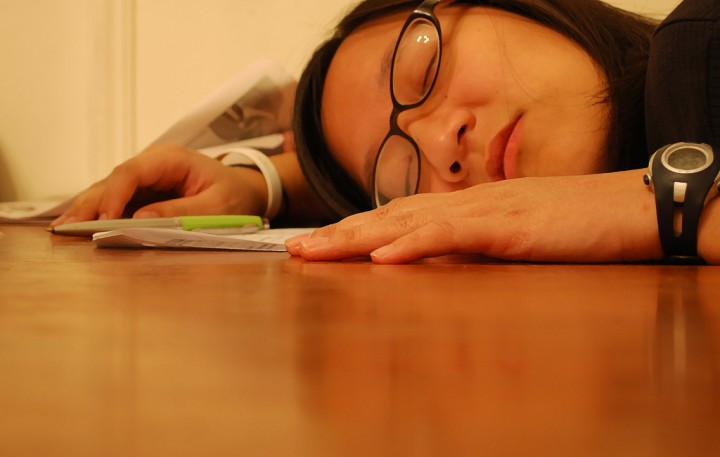MONTREAL – No matter how productive the day is, everyone needs a break from work once in a while – even if it’s just to take your eyes off the computer screen for five minutes.

Most people tend to work all the way until they hit a mental wall in the mid-afternoon before going out for some fresh air.
But according to one study, you are better off taking a break mid-morning – before you’ve entirely tired yourself out.
The study, Give Me a Better Break: Choosing Workday Break Activities to Maximize Resource Recovery, was led by Associate Professors Emily Hunter and Cindy Wu from Baylor University’s Hankamer School of Business.
It was published in the Journal of Applied Psychology, surveying 95 employees between the ages of 22 and 67 over a five-day work week.
Each person was asked to document every break they took, encompassing anything from lunch to socializing with co-workers – but not bathroom breaks.
- What is a halal mortgage? How interest-free home financing works in Canada
- Capital gains changes are ‘really fair,’ Freeland says, as doctors cry foul
- Ontario doctors offer solutions to help address shortage of family physicians
- Canada will take bigger economic hit than U.S. if Trump wins election: report
Hunter and Wu analyzed a total of 959 registered breaks – that’s about two per person per day.
According to the study, your mental resources decline throughout the day, so taking a break in the morning replenishes the energy you’ve lost in the first few hours.
On the other hand, by the time the afternoon comes around, you’ve lost a greater amount of energy.
So, even if you take a small break in the afternoon, it’s harder to get back to your full productivity level.
“When more hours had elapsed since the beginning of the work shift, fewer resources and more symptoms of poor health were reported after a break,” the study stated.
“Breaks later in the day seem to be less effective.”
In the end, the study suggests that taking “better” breaks – earlier in the day and doing something enjoyable – leads to better concentration, motivation and overall energy levels.
Workers were also less likely to experience headache, eye strain and lower back pain.
When do you prefer to take a break from work? Let us know!
rachel.lau@globalnews.ca
Follow @rachel_lau





Comments